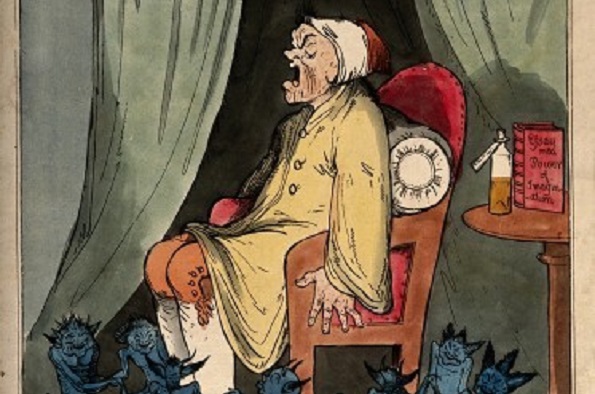
'Resonant Mysteries. Laughter, Illness and Initiation in Lucian’s Podagra' with Dr Georgia Petridou (University of Liverpool)
- Dr Alexei Zadorozhny
- Admission: Free.
Add this event to my calendar
Click on "Create a calendar file" and your browser will download a .ics file for this event.
Microsoft Outlook: Download the file, double-click it to open it in Outlook, then click on "Save & Close" to save it to your calendar. If that doesn't work go into Outlook, click on the File tab, then on Open & Export, then Open Calendar. Select your .ics file then click on "Save & Close".
Google Calendar: download the file, then go into your calendar. On the left where it says "Other calendars" click on the arrow icon and then click on Import calendar. Click on Browse and select the .ics file, then click on Import.
Apple Calendar: The file may open automatically with an option to save it to your calendar. If not, download the file, then you can either drag it to Calendar or import the file by going to File >Import > Import and choosing the .ics file.
This paper looks at the themes of laughter, illness and pain in Podagra (‘Gout’), Lucian’s tragicomic take on chronic but non-lethal gout. Particular diseases had, it seems, distinct comedic connotations and gout was one of them. Extra emphasis will be given on the recasting of chronic illness as an agonising and yet worthwhile initiation into mystery rites of the highest order.
This piece aims at showcasing a wider research project that aims at unravelling the polyvalence and persistence of the conceptual entanglement of the distinct semantic fields of medicine and mysteries in the second sophistic. The wider research project engages with the body not simply as a physical object, but as potential locus for mortal-immortal communication, and offers a re-evaluation of the prevalent Foucauldian view of second-century society’s extreme preoccupation with body, bodily functions and control over them and puts forward a more ‘Lived Ancient Religion’-friendly perception of the body as being individually experienced and religiously expressed.
Image: © Wellcome Images Library, London
